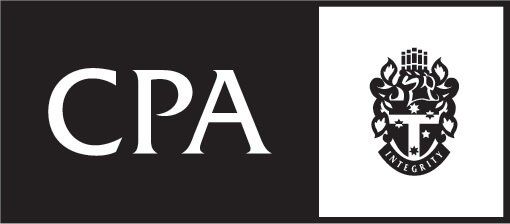Get in Touch
P: (03) 9853 1000
F: (03) 9853 8298
A:
Level 1 86-88 Charles Street,
Kew VIC 3101
PO Box 345
KEW, VIC, 3101
Australia
March 2024 - Update
Super contribution caps increase
- Superannuation contribution caps are set to increase from the 2025 income year. The concessional contribution cap will increase from $27,500 to $30,000. This 'CC' cap is broadly applicable to employer super guarantee contributions, personal deductible contributions and salary sacrificed contributions.
- The non-concessional contribution cap will increase from $110,000 to $120,000. This 'NCC' cap is generally applicable to personal non-deductible contributions. The increase in the NCC cap also means that the maximum available under the three-year bring forward provisions will increase from $330,000 to $360,000. This is provided that the 'bring forward' is triggered on or after 1 July 2024.
- The 'total superannuation balance' threshold for being able to make non-concessional contributions (and the pension general transfer balance cap) will remain at $1.9 million.
Small business concessions
The ATO has recently issued a reminder that small business owners may be eligible for concessions on the amount of tax they ultimately pay.
This depends on their business structure, their industry and their aggregated annual turnover.
Small business owners who have an aggregated annual turnover of less than:
- $2 million can access the small business CGT concessions;
- $5 million can access the small business income tax offset; and
- $10 million can access the small business restructure roll-over.
The ATO expects small business owners to check their eligibility each year before they apply for any of these concessions.
Furthermore, taxpayers generally need to keep records for five years to prove any claims they make.
We are always on the look-out for what tax concessions may be of use to our clients based on their individual circumstances. These small business concessions in particular, can be very beneficial when applicable.
FBT time is fast approaching!
'FBT time' is just around the corner.
Employers need to attend to the following matters this FBT time:
- Identify if you have an FBT liability regarding fringe benefits they have provided to their employees or their associates between 1 April 2023 and 31 March 2024.
- Identify if you have an FBT liability as they will need to lodge an FBT return and pay the amount due by 21 May.
- Identify if you are currently registered for FBT and let the ATO know if they do not need to lodge an FBT return by asking us to lodge an FBT non-lodgment notice to prevent the ATO seeking a return from them at a later date.
- Employers should also remember that when the new FBT year starts on 1 April, they can choose to use existing records instead of travel diaries and declarations for some fringe benefits.
Furthermore, the ATO has released PCG 2024/2 which provides a short cut method to help work out the cost of charging electric vehicles ('EV') at an employee's home for FBT purposes.
Eligible employers can choose to use either the EV home charging rate of 4.2 cents per kilometre or the actual cost.
Ultimately, all employers need to make sure they understand their FBT obligations and the records they need to keep to avoid an FBT liability.
Penalties soon to apply for overdue TPARs
Businesses that pay contractors to provide certain services may need to lodge a Taxable Payments Annual Report (TPAR) by 28 August each year.
From 22 March, the ATO will apply penalties to businesses that:
- have not lodged their TPAR from 2023 or previous income years;
- have received three reminder letters about their overdue TPAR.
Taxpayers that do not need to lodge a TPAR can submit a 'non-lodgment advice form'. Taxpayers that no longer pay contractors can also use this form to indicate that they will not need to lodge a TPAR in the future.
Avoiding common Division 7A errors
Private company clients who receive payments, benefits or loans from their private companies need to ensure compliance with their additional tax obligations which are often referred to as their 'Division 7A' obligations.
There are multiple ways in which business owners may access private company money, such as through salary and wages, dividends, or what are known as complying Division 7A loans.
Division 7A is an area where the ATO sees many errors and the ATO is currently focused on assisting taxpayers in managing their obligations when receiving payments and benefits from their private companies.
In this regard, the ATO has recommended that business owners do the following:
- keep adequate records;
- properly account for and report payments and use of company assets by shareholders and associates; and
- comply with rules around Division 7A loans.
Understanding these Division 7A obligations is essential in order to:
- make informed decisions when receiving private company money and using private company assets; and
- avoid unexpected and undesirable tax consequences.
The information provided in this update is general in nature and if you have any queries of require further information or assistance with the above, please contact our office.
Crawford News




Think we can help you with something?
Think we can help you with something?
Think we can help you with something?
Get in Touch
P: (03) 9853 1000
F: (03) 9853 8298
A: Level 1, 86-88 Charles Street,
PO Box 3135 COTHAM, VIC, 3101
Australia
Services


